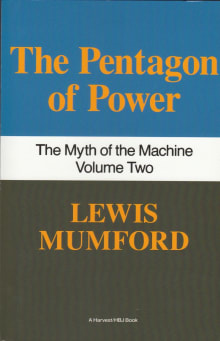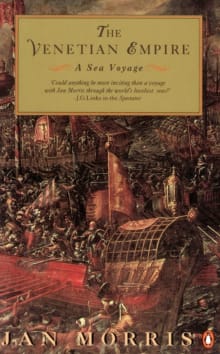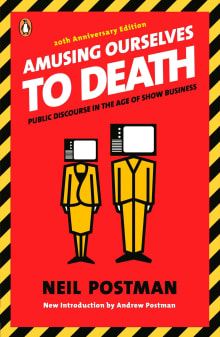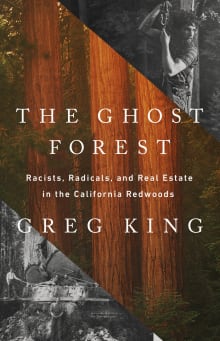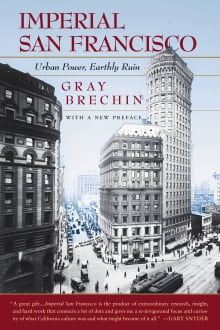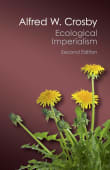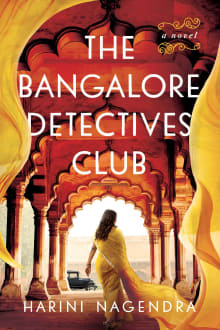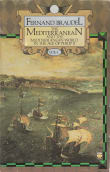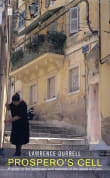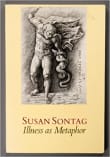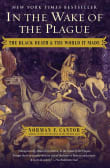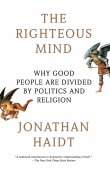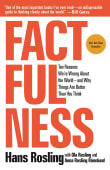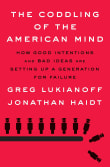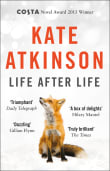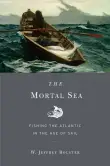
Why did I love this book?
Like so much else Mumford wrote, this book is a volcano of provocative ideas that I found revelatory when I first read it and still do. Published in 1970, it summarizes much of Mumford’s thinking about the largely invisible and growing power structure he calls the Megamachine that threatens humanity and life on planet Earth.
His earlier writing, including The City in History (1961) and his essay The Natural History of Urbanization (1956), was formative for my own thinking about urban parasitism and aggression. Although a lover of cities, as am I, Mumford was well aware of the consequences of their depredations.
1 author picked The Pentagon of Power as one of their favorite books, and they share why you should read it.
In this concluding volume of The Myth of the Machine, Mumford brings to a head his radical revisions of the stale popular conceptions of human and technological progress. Far from being an attack on science and technics, The Pentagon of Power seeks to establish a more organic social order based on technological resources. Index; photographs.

